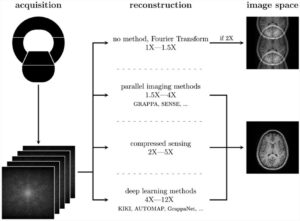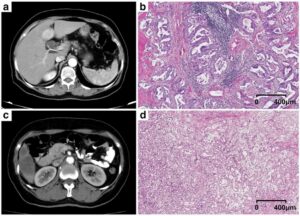Due to the rare nature of musculoskeletal malignancies and the lack of imaging data associated with this cancer, the authors of this study aimed to investigate whether machine learning (ML) is already having an impact on imaging-driven diagnosis of musculoskeletal malignancies. The authors concluded that because of the limited amounts of data and no established large-scale networks between multiple national and international facilities, the impact of imaging-driven ML is insignificant compared to other disciplines. In order to bring ML to a level where it can have a meaningful impact, we must take steps to establish national and international networks, implement systematic and structural data acquisition, and integrate multimodal data comparable to that of expert radiologists.
Key points
- Machine learning does not yet significantly impact imaging-driven diagnosis for musculoskeletal malignancies compared to other disciplines such as lung, breast or CNS cancer.
- Research in the area of musculoskeletal tumour imaging and machine learning is still very limited.
- Machine learning in musculoskeletal tumour imaging is impeded by insufficient availability of data and rarity of the disease.
Authors: Florian Hinterwimmer, Sarah Consalvo, Jan Neumann, Daniel Rueckert, Rüdiger von Eisenhart-Rothe & Rainer Burgkart













